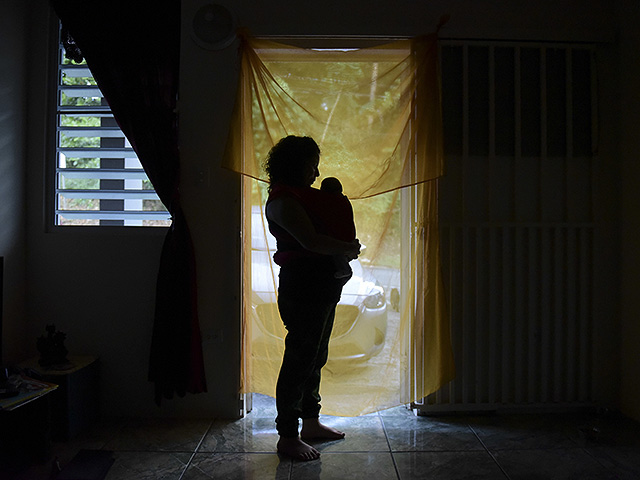Mothers with signs of depression tend to be less supportive of their infants’ positive emotions. As a result, children who lack support are at high risk of developing depressive symptoms.
Researchers in Canada wanted to understand how symptoms of depression might be passed from mothers to babies. They hypothesized that a mother with more severe depressive symptoms in the first year after giving birth would be less likely to support her baby’s positive emotions. In turn, an infant who receives insufficient support is more likely to exhibit depressive symptoms in early childhood.
The experiment involved 128 mothers and their children. The group’s data collection occurred in three stages: early infancy (approximately 6–7 months), late infancy (approximately 12 months), and early childhood (approximately 20 months). Online surveys were used to collect information. Mothers rated their depressive symptoms using the Edinburgh Postnatal Depression Scale at Waves 1 and 2, and their children’s depressive symptoms using the 1.5- to 5-year-old Behavioral Reference Category at Wave 3.
In addition to the interviews, the researchers videotaped mothers interacting with their infants for 30 minutes. The recordings were used to analyze and evaluate women’s reactions to their children’s positive emotions.
The results showed that 22% of mothers had significant symptoms of postpartum depression. Women who showed signs of distress were more reticent to respond to their babies’ positive emotions. In response, children who received less support for their positive emotions gradually showed signs of depression.

https://www.starbookmarking.com/user/5BI9YmEkNtYX
https://secondstreet.ru/profile/EmpireSeedsBank/
https://www.riptapparel.com/pages/member?MundoCraftMods
https://www.speedrun.com/users/MundoCraftMods
https://participa.aytoreinosa.es/profiles/EmpireSeedsBank/activity
https://jobs.lifewest.edu/employer/mundocraftmods/?v=a99877f71bd9
https://triberr.com/covertalavera
https://ourairports.com/members/Compumedic/
https://doodleordie.com/profile/compumedic
https://yoo.rs/@sadecocoslada
https://www.portalnet.cl/usuarios/jordisource.1128066/
https://simplesiteseo.com/page/business-services/Lafabricadecasas
https://uxfol.io/p/7b0197a4/02f026fe
https://seosbmlinks.com/page/other/covertalavera
https://www.wvhired.com/profiles/5804175-mundocraftmods
https://profiles.xero.com/people/empireseedsbank
https://myaajkal.xyz/page/digital-marketing/la-clave-del-xito-online-con-jordisource
https://www.newsocialbookmarkingsite.com/user/V4wnA14WaokO
https://postgresconf.org/users/133228/
https://slides.com/mundocraftmods/deck/fullscreen
https://gifyu.com/mundocraftmods
https://start.me/p/YQ2Nqy/startpage
https://bookmarkshub.xyz/page/other/mundocraftmods
https://letterboxd.com/EmpireSeedsBank/
https://jobs.westerncity.com/profiles/5796646-compumedic